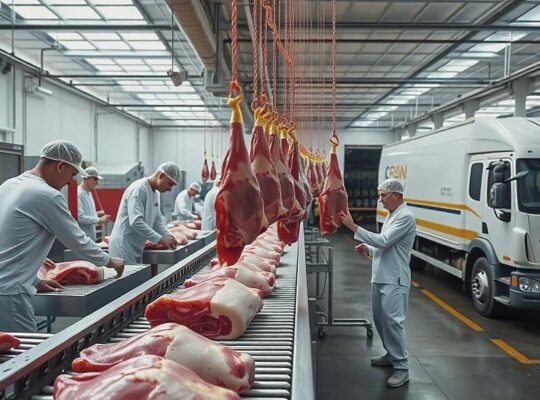The rapid expansion of drone warfare capabilities is forcing a stark reassessment of European defense strategies, according to Gundbert Scherf, co-founder and CEO of drone manufacturer Helsing. In an interview with the Süddeutsche Zeitung, Scherf declared his company poised for industrial-scale production, outlining ambitious plans to manufacture between 10,000 and 20,000 drones next year, with a long-term goal of producing hundreds of thousands to meet potential wartime needs by 2027.
The aggressive production timeline underscores a burgeoning concern regarding Europe’s vulnerability in the face of increasingly sophisticated drone attacks, evidenced by recent incursions over major cities like Munich and Brussels. Scherf cautioned that existing defense systems are ill-equipped to counter these novel forms of aerial assault, emphasizing the urgent need to treat such incidents with the utmost seriousness.
Acknowledging the colossal logistical hurdles involved, Scherf highlighted the critical dependence on securing robust supply chains for raw materials and semiconductors – a challenge amplified by ongoing global instability. To address this, Helsing is strategically partnering with automotive suppliers, a sector currently facing its own crisis. Scherf characterized these suppliers as “Germany’s strategic reserve” resources largely untapped during this period of geopolitical transformation. He stated that these suppliers represent the sole entities in Germany capable of rapidly scaling up production, making them “our natural partners.
The shift in the war in Ukraine, now entering its fourth year, is fundamentally altering the dynamics. What initially presented as a conventional war of attrition, dominated by artillery and tanks, has evolved into a new era defined by technological advancements: software, artificial intelligence, drones, robotics and satellites. This shift, Scherf argues, demonstrates the escalating nature of hybrid warfare, a tactic Russia is now directly employing against Europe.
The reliance on the automotive sector for rapid drone production raises questions about the potential diversion of resources from civilian industries towards military applications and necessitates a careful consideration of economic and ethical implications. Furthermore, the implied necessity of building a massive new production facility by 2027 highlights a potentially rushed and costly rearmament effort, prompting scrutiny of the proposed investment and its long-term sustainability. The burgeoning drone race ultimately underscores a deep-seated vulnerability within European defenses and a pressing need for a radical reassessment of strategic priorities.












